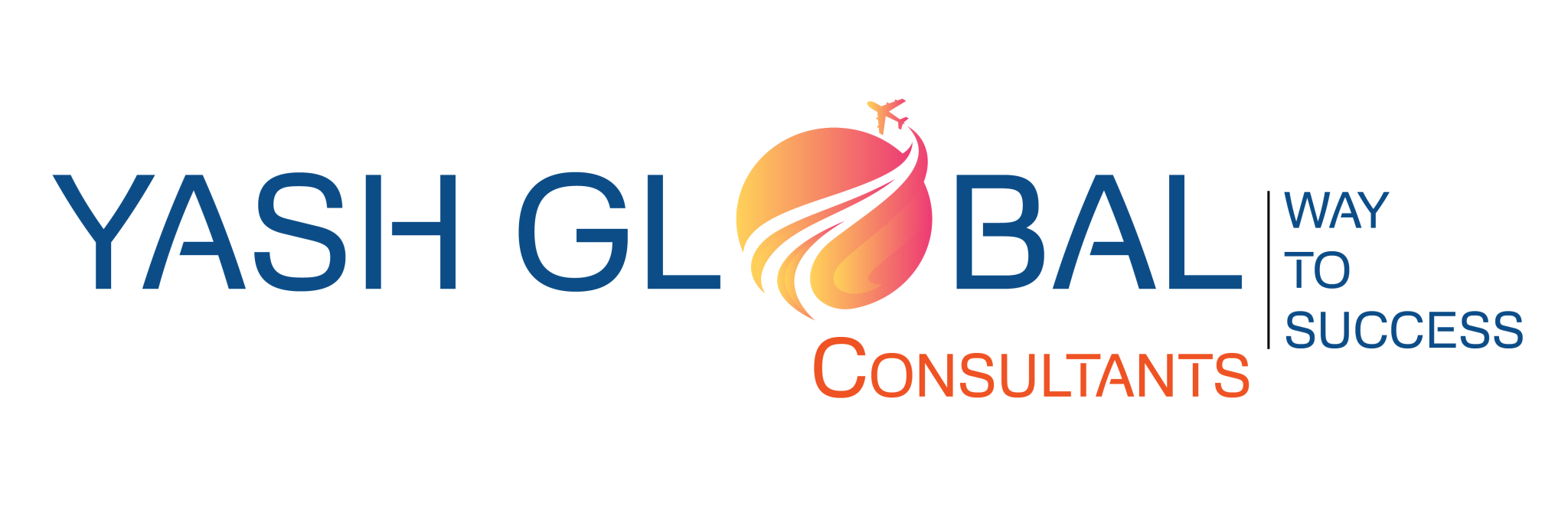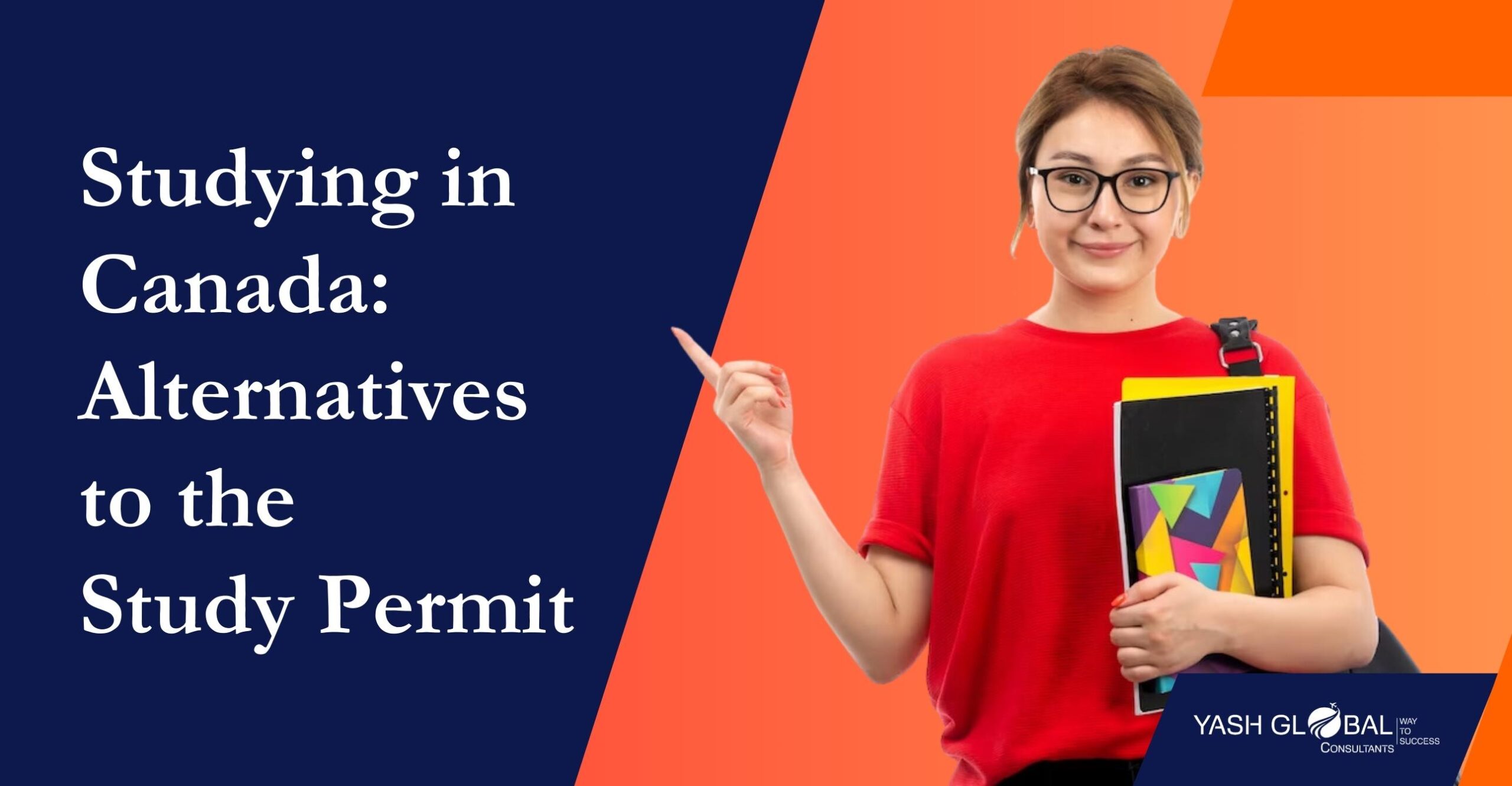How Can You Study in Canada Without a Study Permit?
Most of the students have a dream to study abroad, but the need for a study visa is a bit difficult to fulfill. But do you know there are some exceptions that can make it possible to study in Canada without a study visa? Today, we will discuss this possibility, its benefits and processes in particular, and get the information needed to make a wise choice.
Canada is the best pick for international students looking for an excellent, diverse education. There is no question that Canada is a top choice for students seeking an excellent education. On top of that, there are some exceptions or situations when a student may consider pursuing a short-term course that might not need an official study visa, but generally speaking, we all need to obtain a Canadian study visa in order to enter Canada for study-related purposes. Canada provides a variety of alternatives, whether you’re a professional trying to improve your abilities or someone searching for a shorter educational experience.
Short-Term Study Courses in Canada
A six-month or shorter course might not require a study permit. Enrolling in a 6-month course can be a fantastic choice if you’re considering studying in Canada for a shorter period of time. The topics covered by these courses range widely, from language learning to professional credentials. They offer a concentrated learning environment without the considerable time commitment of a traditional degree program.
How do I study a short-term course in Canada?
Short-term courses can be studied on a visiting visa or an ETA (Electronic Travel Authorization), unlike long-term courses, which require a study visa. The qualifying requirements for the specific course that you want to pursue may need to be checked.
Benefits of a short-term course in Canada
An alternative 6-month course with its own benefits is provided. It enables you to experience Canadian education and culture without going through the lengthy study visa application process. This often appeals to people who desire a change of pace, wish to investigate a new area, or want to improve their talents.
If students plan to work on campus or continue their education in Canada after their short-term course is over, Citizenship and Immigration Canada recommends that they apply for a study visa.

Minor children to study in Canada
In Canada, any minor child may enroll in preschool, primary, or secondary school without having study permission. This is applicable to citizens and residents of Canada, as well as the offspring of temporary employees and students.
However, temporary residents with tourist visas cannot apply to enroll their children in Canadian schools without a study permit.
Family Members and Private Staff of Diplomats
Without study permission, foreign diplomats, the families of accredited representatives, and private workers can study in Canada. A person must be a family member of one of the following to be eligible for this exception:
- A person’s spouse or common-law partner;
- Their dependent child or that child’s dependent child; or
- The dependent child of another dependent child.
In conclusion, although it is normally necessary to get a Canadian study visa in order to study in Canada, there are some exceptions that allow international students to do so. For short-term courses lasting six months or fewer, small children with specific educational levels, and family members of diplomats, there are options to pursue education without a formal study permit. These opportunities provide a unique view of Canadian education and culture and appeal to students wishing for specialized learning experiences. When considering these options as an alternative to the typical student visa application procedure, it’s crucial to thoroughly evaluate your eligibility and long-term goals.
Frequently Asked Questions
Yes, there are instances in which you are able to pursue your studies in Canada without study permission. Examples of such exceptions are short-term programs lasting six months or less, particular educational requirements for young children, and members of diplomats’ families.
Short-term courses can frequently be undertaken with a tourist visa, or ETA, as opposed to long-term courses, which call for a study visa. Before applying, make sure you meet the requirements listed in the course’s eligibility requirements by checking them out.
The benefits of choosing a short term course are:
- Experience Canadian culture without the lengthy process of obtaining a study visa.
- This is particularly appealing to those seeking a change of pace, exploring new fields, or upgrading their skills.
Off-campus work opportunities are limited, but on-campus work opportunities are available. However, you are required to apply for a study visa if you
- At the pre-school, primary, or secondary levels in Canada, minor children can attend school without needing a study permit.
- Additionally, family members and private staff of diplomats are exempt from requiring a study permit for their studies in certain cases.
- However, it’s important to note that individuals holding visitor visas, which are temporary resident visas, are not allowed to enroll their children in Canadian educational institutions without obtaining a study permit.



Leave a Reply